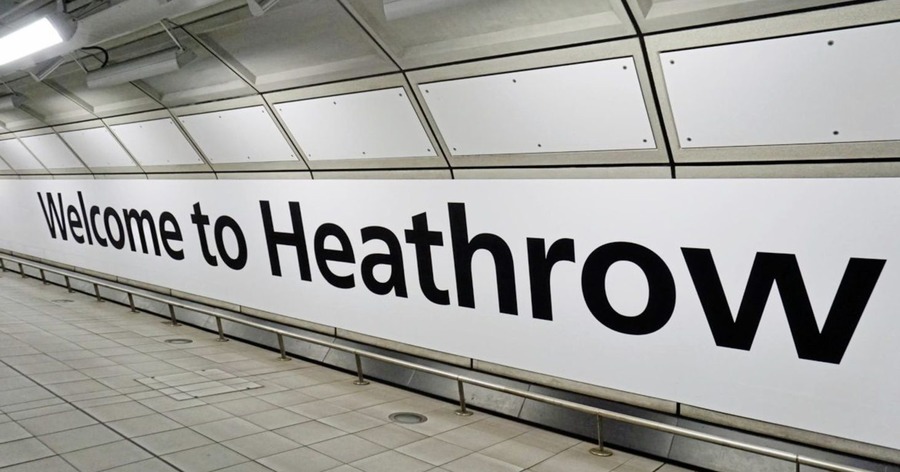Heathrow boss urges plan to restart flights between low-risk countries

The boss of Heathrow has urged the government to develop plans to restart travel between “low-risk countries” as global lockdown measures are eased.
John Holland-Kaye, chief executive of the busiest airport in Britain, said the UK should adopt a risk-based approach to flights and warned that the UK economy will suffer if blanket travel restrictions continue. He also backed the idea of “immunity passports” to allow people who have already had Covid-19 to travel more freely.
Heathrow passenger numbers plunged 97% in April, from an average of 250,000 a day to between 5,000 and 6,000 since lockdown. Holland-Kaye told Sky News: “This is a very minimal level of traffic, and I think that as long as the quarantine [travel ban] is in place, that will continue at those low levels.
“The quarantine cannot be in place for more than a relatively short amount of time if we are going to get the economy moving again. This is where we are urging the government to have a common international standard, working with other countries so that traffic can start to flow in a normal way between low-risk countries.”
UK nationals are now banned from all but essential travel and borders are closed between many countries. The few flights that have landed have mainly been repatriation services to bring home Britons trapped abroad.
Ministers are planning to tell entrants to the UK to quarantine for two weeks and download the new tracing app being trialled on the Isle of Wight and soon to be rolled out across the country.
Holland-Kaye suggested there should be a “free flow” of passengers between the UK and countries that have low risks of transmission. He said: “I think that if the UK government, with one of the biggest aviation sectors in the world, were to get together with the European Union and the United States, between them they have the heft and the global, diplomatic and economic power to set that international standard.
“I think the approach to take is the risk-based approach as we do with security, where if two countries are very low-risk or free of transmission, there should be a free flow of passengers between those countries.”
Holland-Kaye made the appeal as the airport prepared to screen passengers arriving at Heathrow terminal 2 for high temperatures from the end of the week in a bid to identify travellers infected with coronavirus.
Thermal imaging cameras will automatically scan everyone who touches down at the terminal, aiming to spot those who have signs of fever. This will allow it to capture data that will be forwarded to the government.
The cameras form part of previously announced trials to combat the spread of coronavirus, which include procedures to reduce person-to-person contact, UV sanitation, and the efficient cleaning of trays at security.
Rory Boland, the editor of Which? Travel, said: “If flights are to restart, passengers need the confidence that if travel restrictions disrupt their trip, the airline will refund them within a reasonable timeframe or rebook their journey for free.”
A Department for Transport spokesperson said: “The aviation sector is important to the UK economy and ministers are in regular contact with its senior representatives to discuss the challenges they are facing and ways we can support.
“We continue to look at the best ways to restart all forms of transport, while also ensuring we limit the risk of creating a second wave of cases.”



